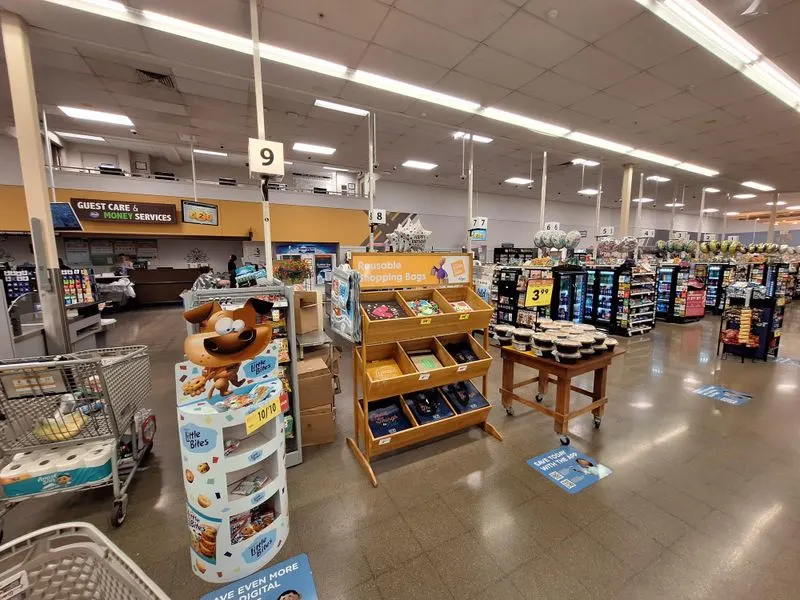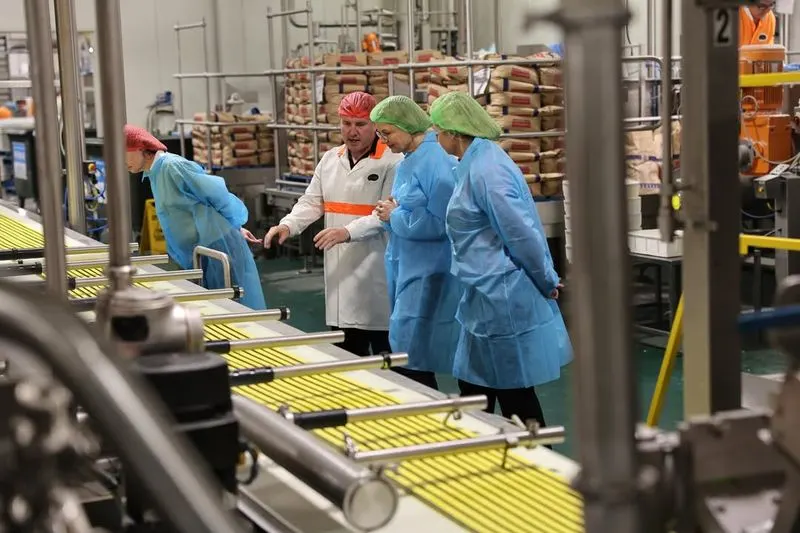The rise of automation is reshaping the workforce, and some jobs may soon become a thing of the past. As technology advances, tasks that once required human effort are increasingly being handled by machines, software, or AI. While this progress brings efficiency, it also raises questions about the future of certain roles.
Here are seven jobs that might not exist in 10 years due to automation. From repetitive tasks to customer-facing roles, these positions are at risk of being replaced, highlighting the need for adaptability in a rapidly changing job market.
Cashiers

The cashier role, once ubiquitous in retail, is rapidly diminishing with the rise of self-checkout kiosks and automated payment systems. As consumers increasingly prefer the speed and convenience of these technologies, traditional cashier jobs are at risk.
Stores are investing in automated solutions, reducing the need for human intervention.
In the next decade, the cashier’s tasks may be fully automated, leading to job displacement. Companies reap benefits from lower labor costs and increased efficiency, but the shift could impact countless workers.
Adapting to these changes requires upskilling and exploring new opportunities in customer service or technical support.
Telemarketers

Telemarketing has long been a staple for businesses seeking to reach potential customers. However, automation threatens the traditional telemarketer role, as predictive dialing and AI-driven communication systems become more prevalent.
Automated systems can handle vast numbers of calls without fatigue or inconsistency.
As a result, companies are increasingly opting for these technologies to reach broader audiences efficiently. The decline in telemarketing jobs means individuals must pivot towards roles that require human touch, such as personalized customer service or complex sales negotiations.
Embracing digital literacy and communication skills will be crucial for staying relevant in this evolving landscape.
Travel Agents

Travel agents, once essential for planning vacations and business trips, are facing obsolescence with the rise of online booking platforms. These platforms offer users the ability to compare prices, read reviews, and book trips instantly, reducing the need for human intermediaries.
The decline of traditional travel agency jobs means professionals must adapt by focusing on niche markets or specialized travel services. Personalized travel planning and expertise in unique destinations can help maintain relevance.
Embracing technology and social media can also aid travel agents in carving out new roles in this automated landscape.
Bank Tellers

The role of the bank teller is transforming due to digital banking solutions and the proliferation of ATMs. Customers now enjoy the convenience of online banking, managing transactions without visiting physical branches.
This shift is leading to a decrease in teller positions.
While the need for human assistance remains in complex financial services, routine tasks are increasingly automated. As banks streamline their operations, tellers may need to focus on advisory roles or customer relationship building.
Equipping oneself with financial expertise and customer interaction skills could be vital for future-proofing careers in the banking sector.
Data Entry Clerks

The data entry clerk role is increasingly vulnerable to automation with advances in data processing technology. Software capable of accurately inputting and managing data without human oversight is becoming more common.
This trend is reducing the demand for manual data entry tasks.
Professionals in this field need to pivot towards data analysis or data management roles that require critical thinking and decision-making skills. Upskilling in data analytics, and understanding database management tools, can provide pathways to new career opportunities.
Adaptability will be key for those in the data entry sector to remain relevant.
Postal Workers

Postal workers, responsible for sorting and delivering mail, are witnessing a shift with technology-driven sorting systems and the rise of drone delivery services. Automation in mail processing facilities is increasing efficiency and reducing the need for human labor.
The future may see further reduction in postal worker roles as autonomous vehicles and drones become mainstream. To adapt, postal workers might seek roles in logistics management or customer service within delivery companies.
Embracing new delivery technologies and honing skills in logistics can offer pathways to sustainable employment in the evolving postal industry.
Assembly Line Workers

Assembly line workers in manufacturing are experiencing a shift towards automation with the use of robotic systems. Industries are increasingly relying on robots for precision, efficiency, and cost-effectiveness.
This trend is leading to a reduction in traditional assembly line positions.
Workers may need to transition to roles that involve overseeing automated systems or conducting maintenance. Acquiring technical skills in robotics and engineering can provide new opportunities.
The ability to adapt to technological advancements and embrace change will be essential for those in the manufacturing sector seeking long-term career stability.

